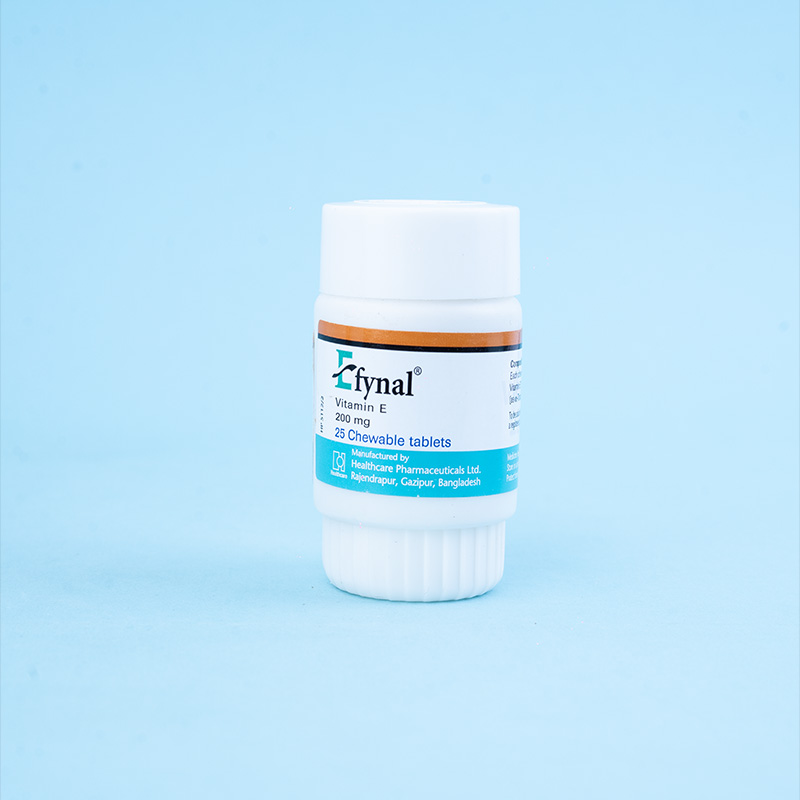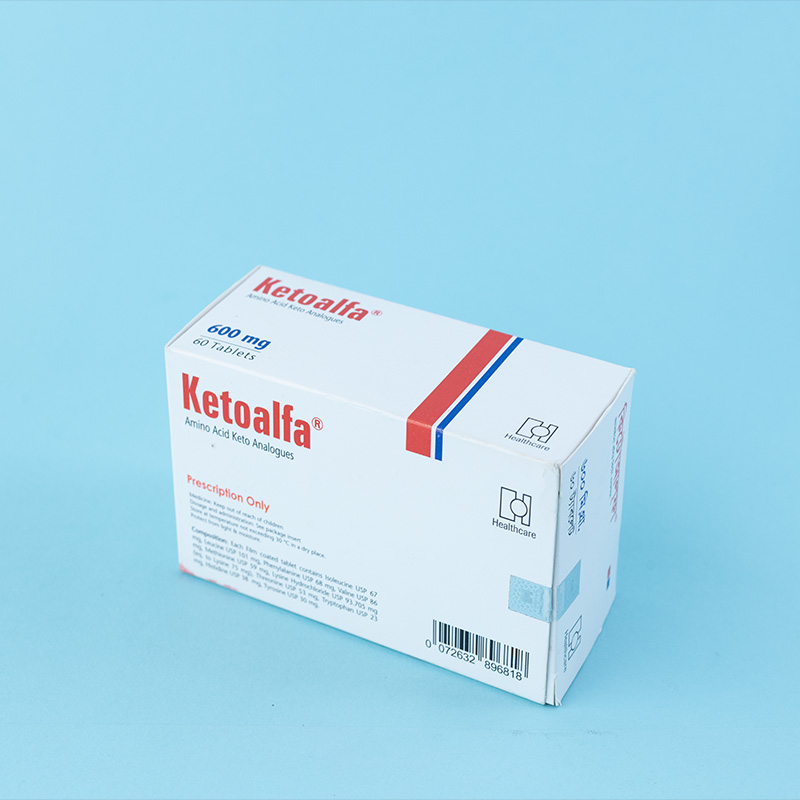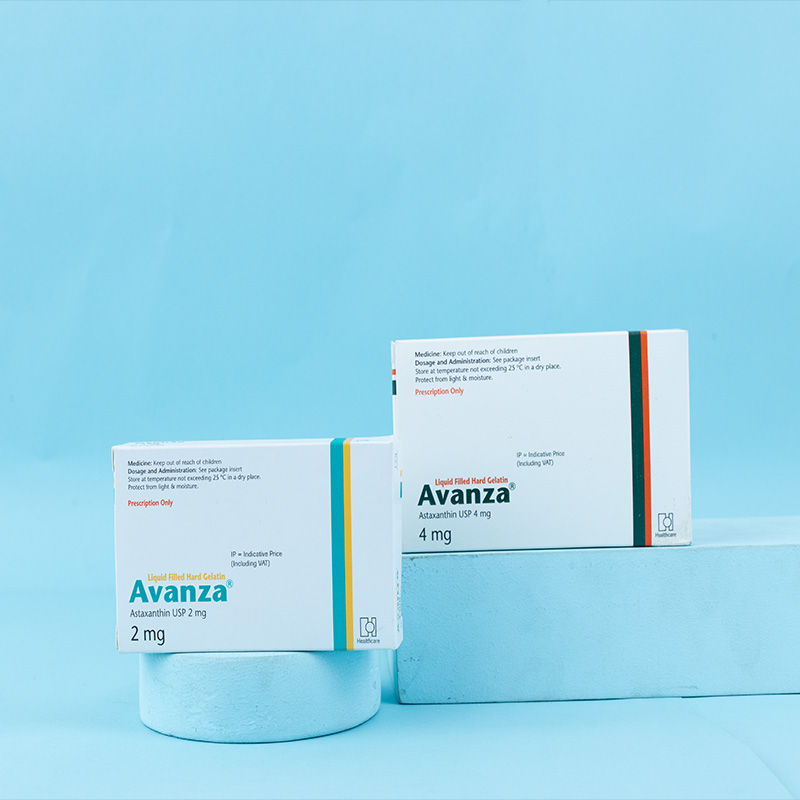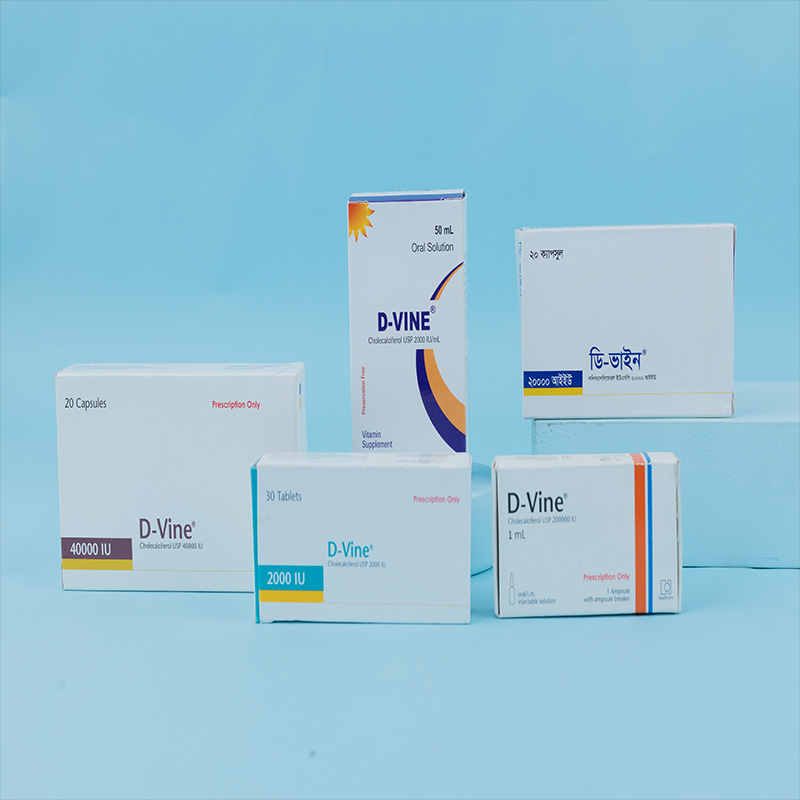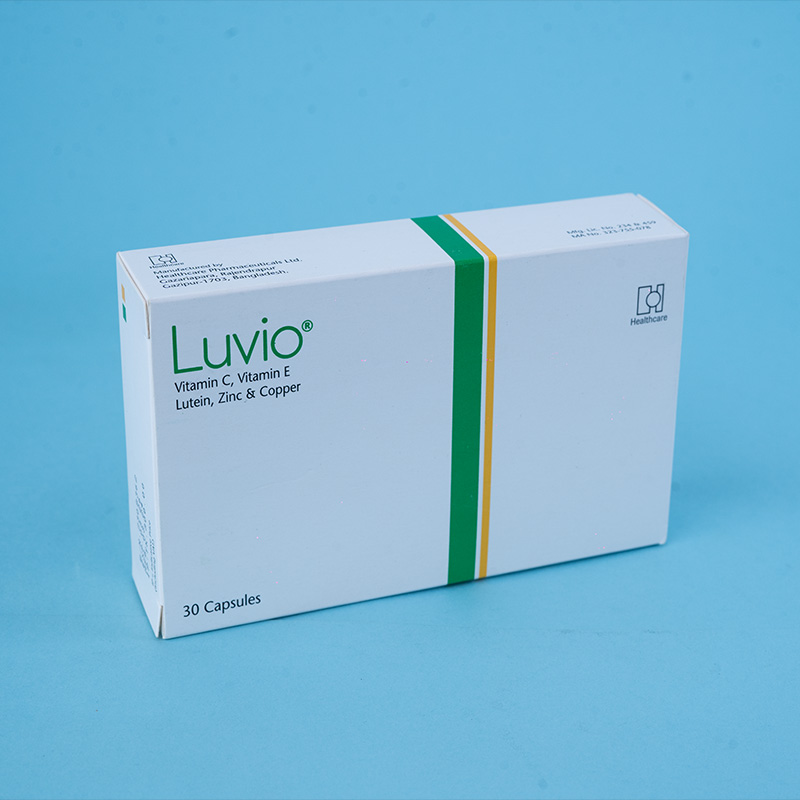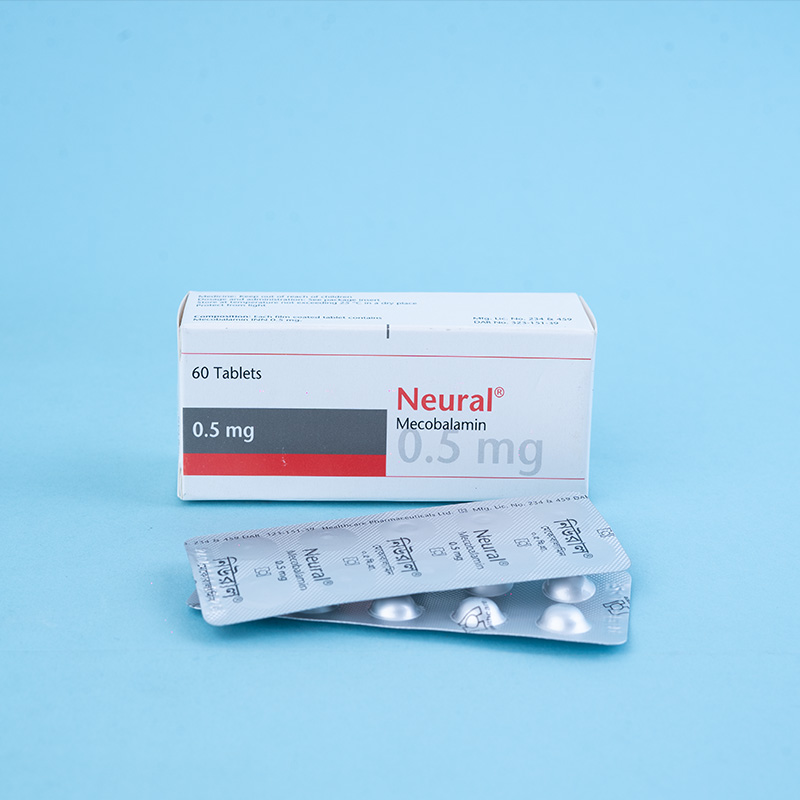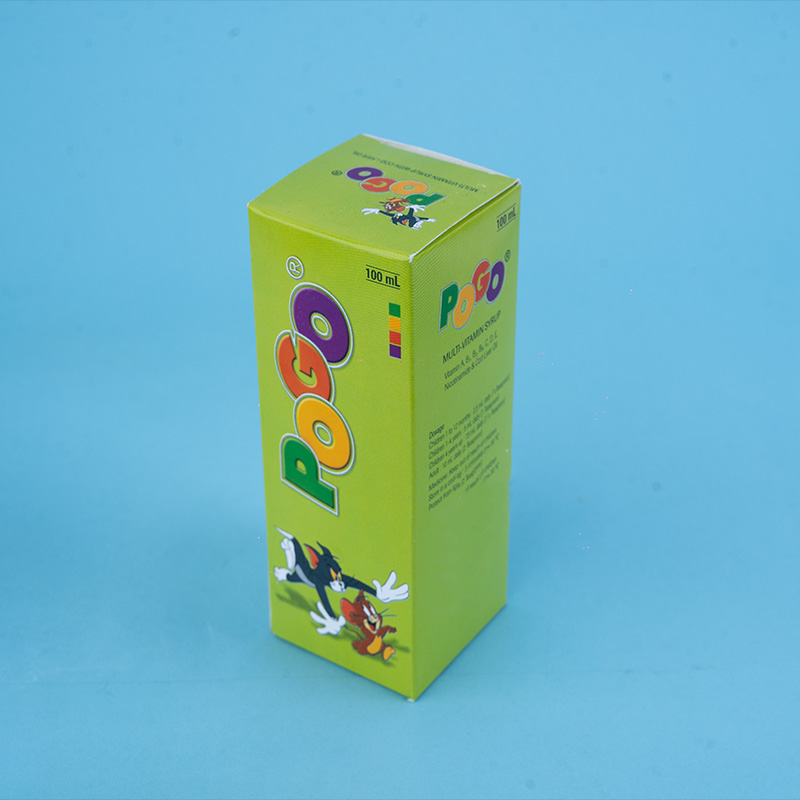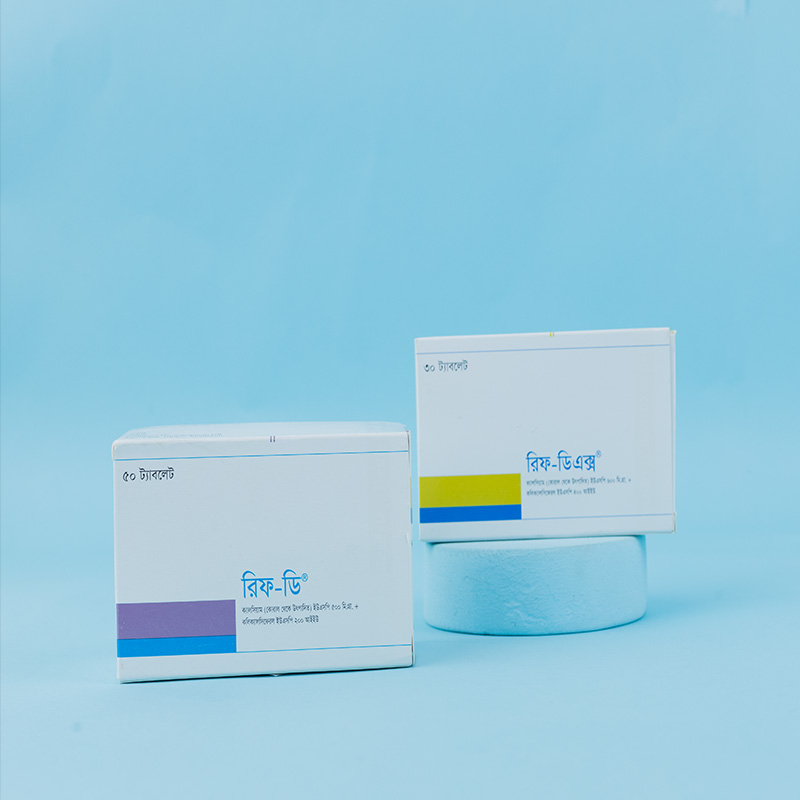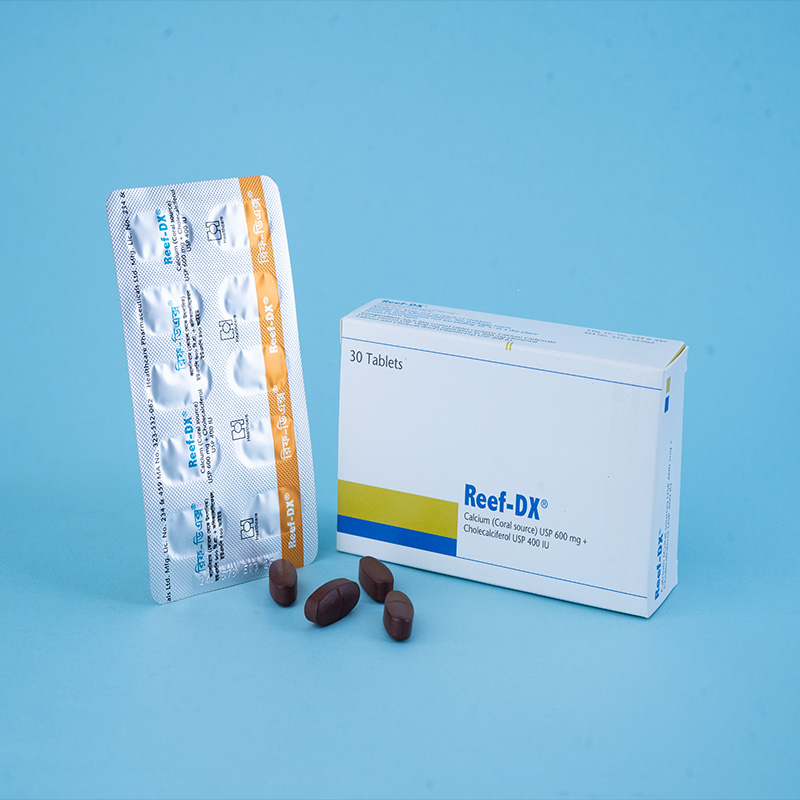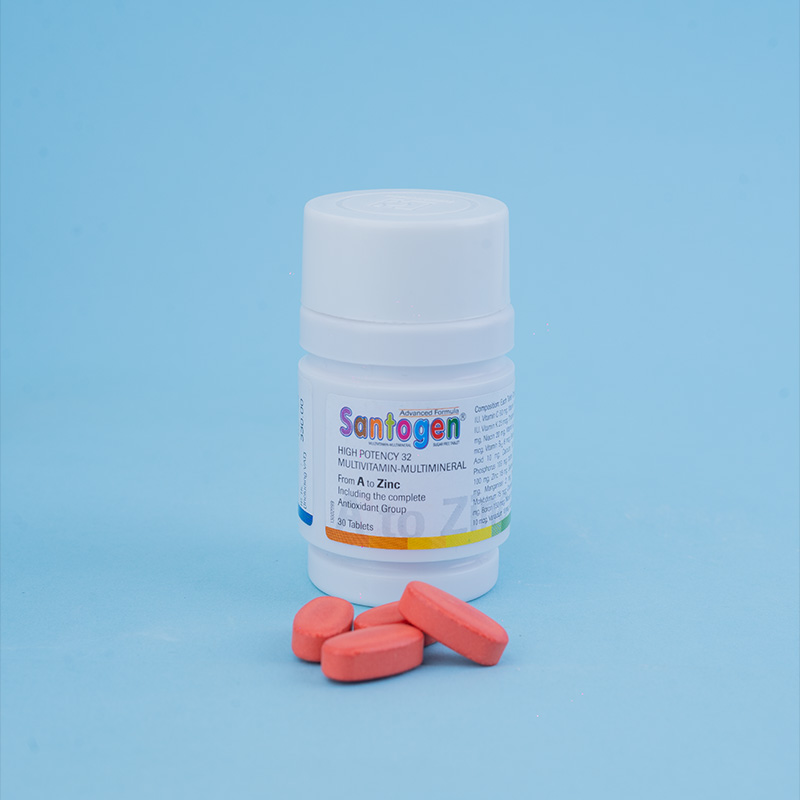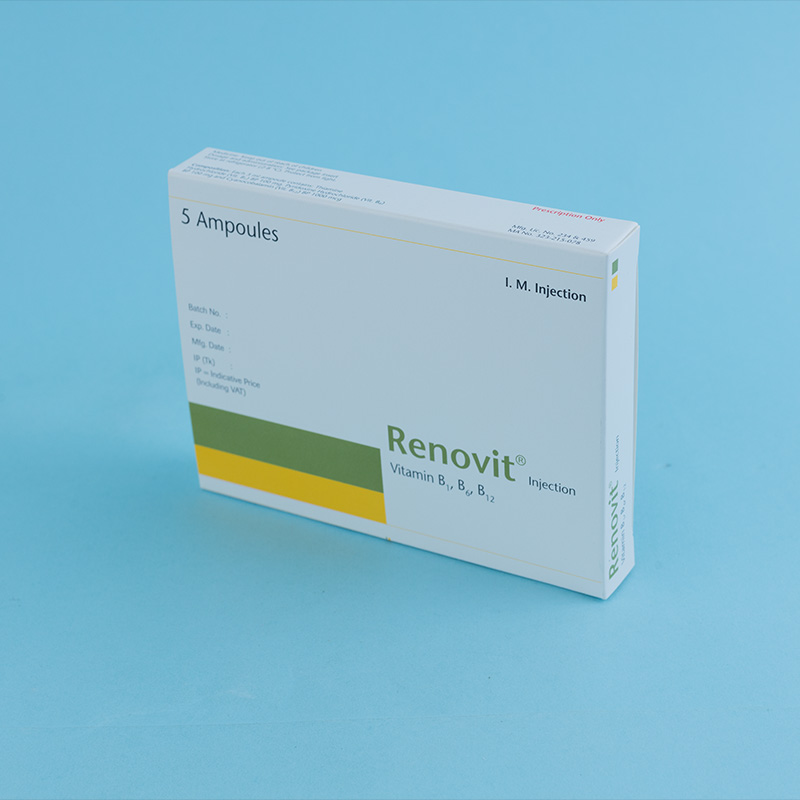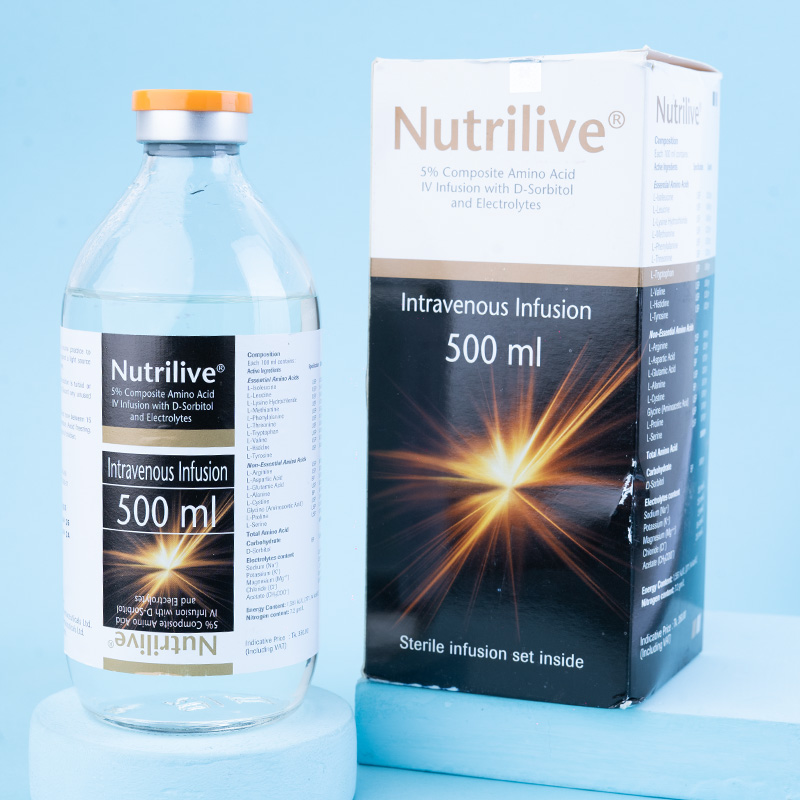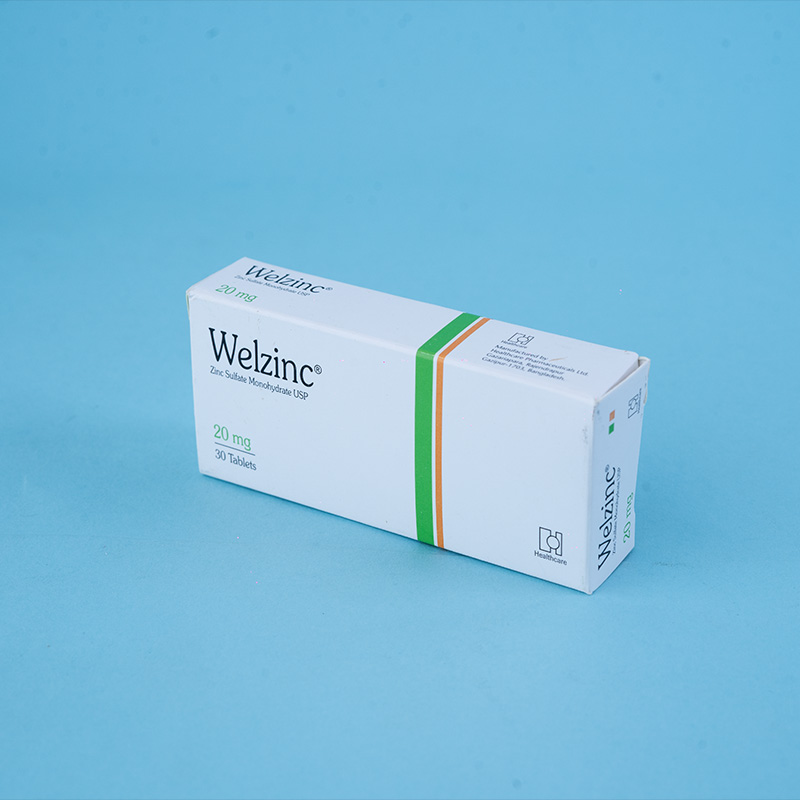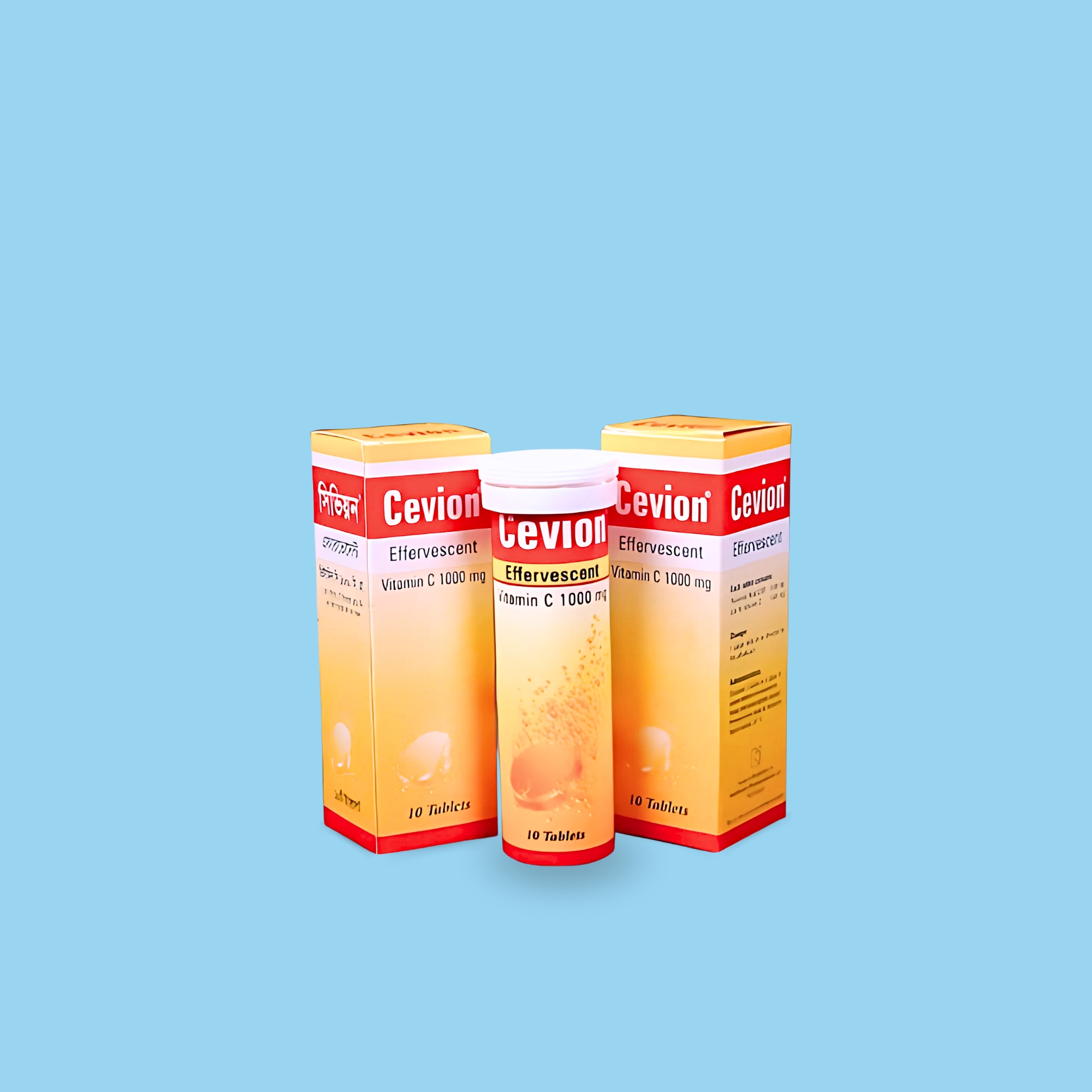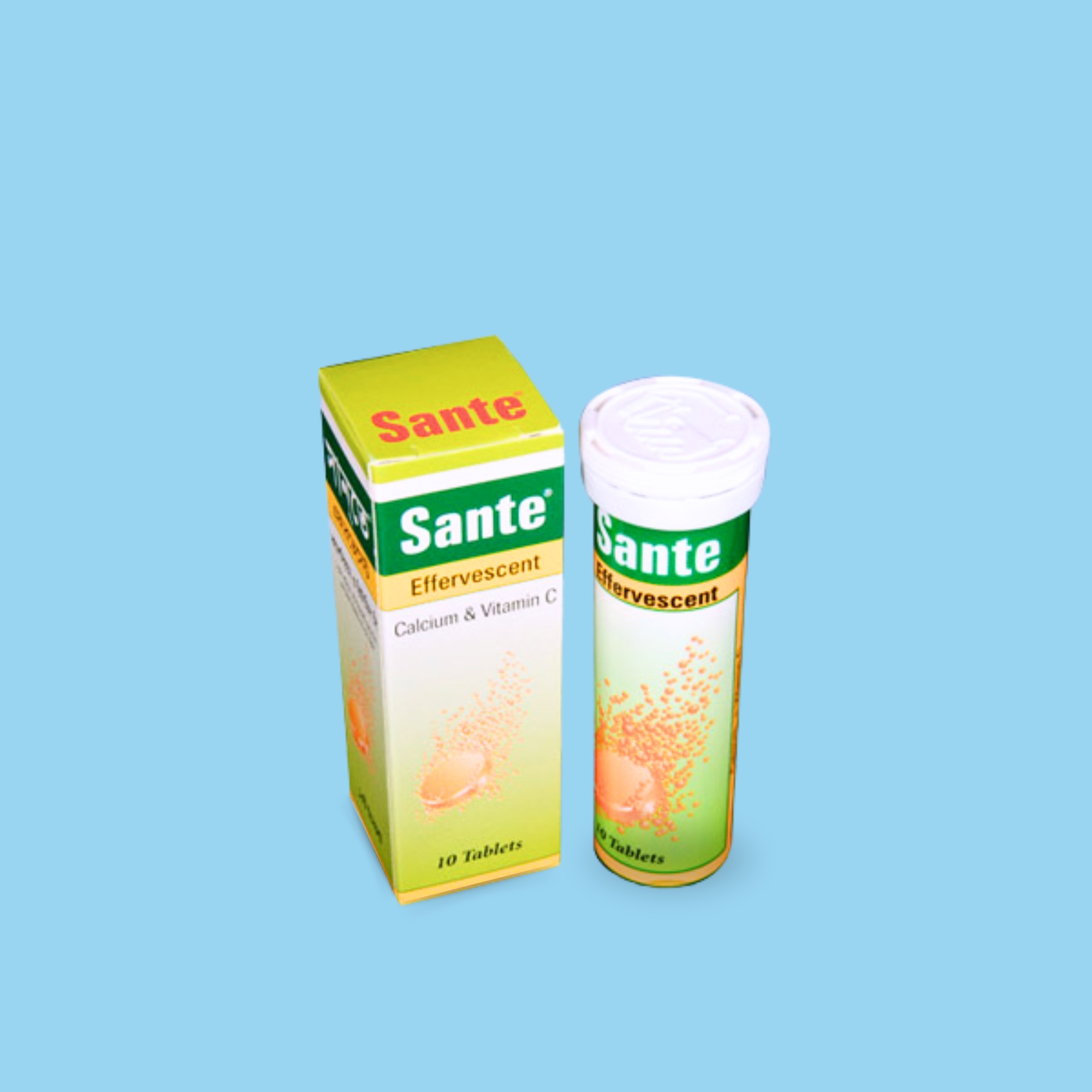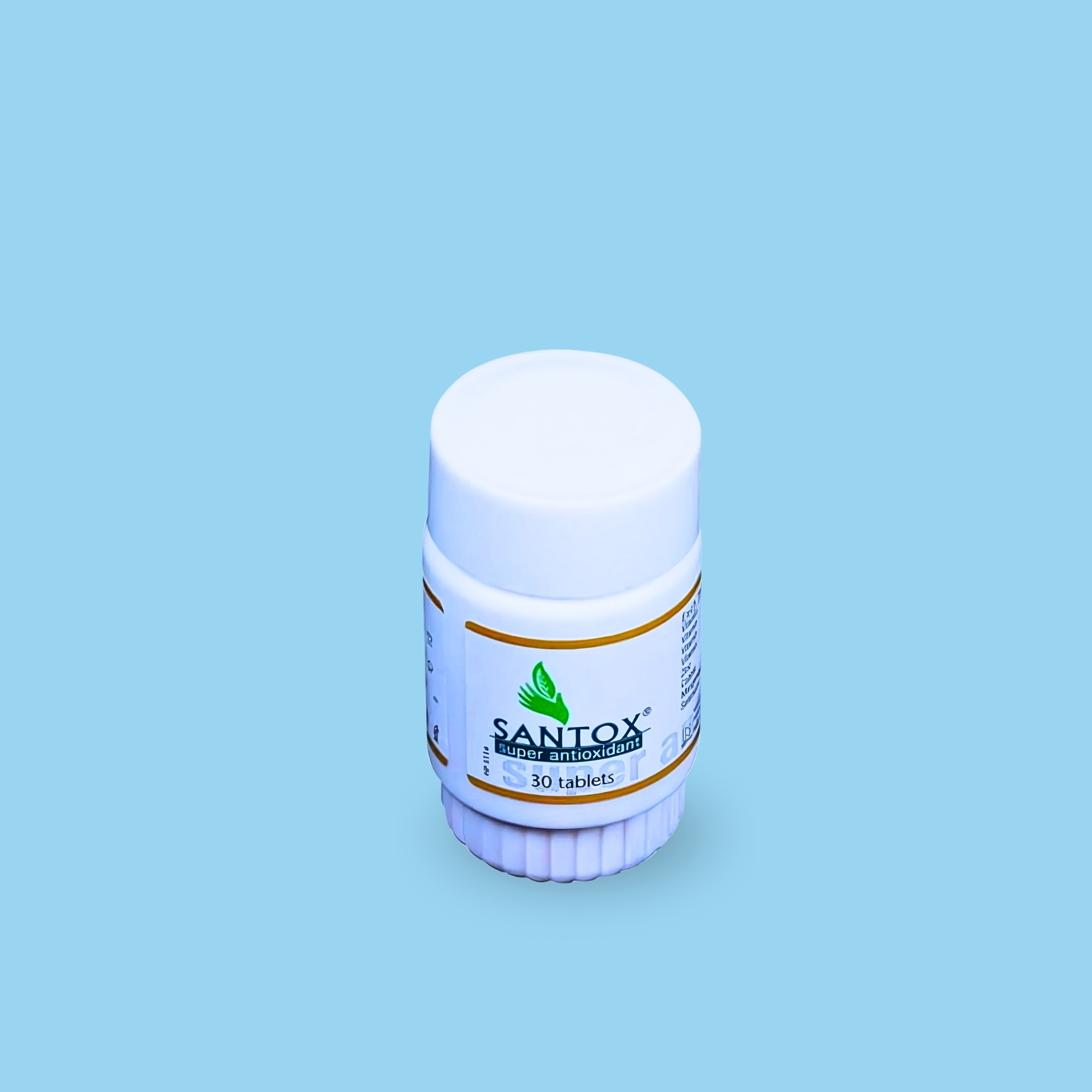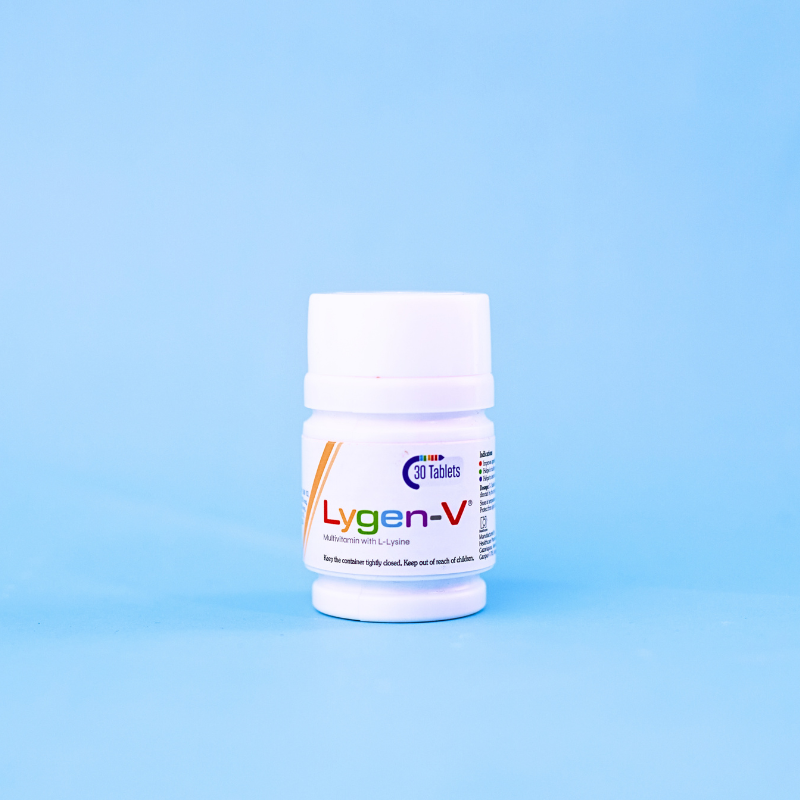The primary role of vitamin E, a fat-soluble vitamin, is the prevention of oxidation of polyunsaturated fatty acids. Vitamin E reacts with free radicals, which cause oxidative damage to cell membranes, without forming another free radical in the process. The main pharmacological action of vitamin E in humans is its antioxidant effect.

Absorption of vitamin E from the gastrointestinal tract depends on the presence of bile and normal pancreatic function. The amount of vitamin E absorbed varies widely, between approximately 20% and 80%, and appears to decrease as the dose increases. It enters the bloodstream via the chylomicrons in the lymph, bound to beta-lipoproteins. It is widely distributed to all tissues and stored in adipose tissue. Some vitamin E is metabolized in the liver to glucuronides of tocopheronic acid and its γ-lactone. Some is excreted in the urine, but most of the dose is slowly excreted in the bile. Vitamin E appears in breast milk but is poorly transferred across the placenta.

Efynal® (vitamin E) is used in the treatment and prevention of vitamin E deficiency. Oral supplements of Efynal® are essential in adults, even where there is fat malabsorption secondary to cholestasis. In chronic fat malabsorption, such as in cystic fibrosis, ataxia, and visual scotomas, symptoms respond to vitamin E.
More recently, it has been suggested that, as a lipid-soluble antioxidant, vitamin E may reduce atherogenesis by protecting low-density lipoprotein from oxidation. If the intake of polyunsaturated fat is high, vitamin E intake should be increased.
Efynal® has also been used for cancer, skin conditions, nocturnal leg cramps, sexual dysfunction, heart disease, aging, premenstrual syndrome, fibrocystic breast disease, air pollution, hair loss, acne, menopause symptoms, and to enhance athletic performance.

The daily intake of Efynal® (vitamin E) in the range of 200 mg–600 mg is considered safe. The recommended dose is one tablet, to be chewed once or twice daily with or after meals, or as prescribed by a physician.

Efynal® (vitamin E) is usually well tolerated. However, large doses may cause diarrhea, abdominal pain, and other gastrointestinal disturbances.
Large doses of vitamin E have been reported to increase bleeding tendencies in vitamin K-deficient patients, such as those taking oral anticoagulants. It may also increase the risk of thrombosis in some patients, such as those taking estrogens.

High doses of vitamin E may enhance the effects of oral anticoagulants.

Store in a cool, dry place below 30ºC. Keep the product away from light.
Medicine: Keep out of reach of children.


